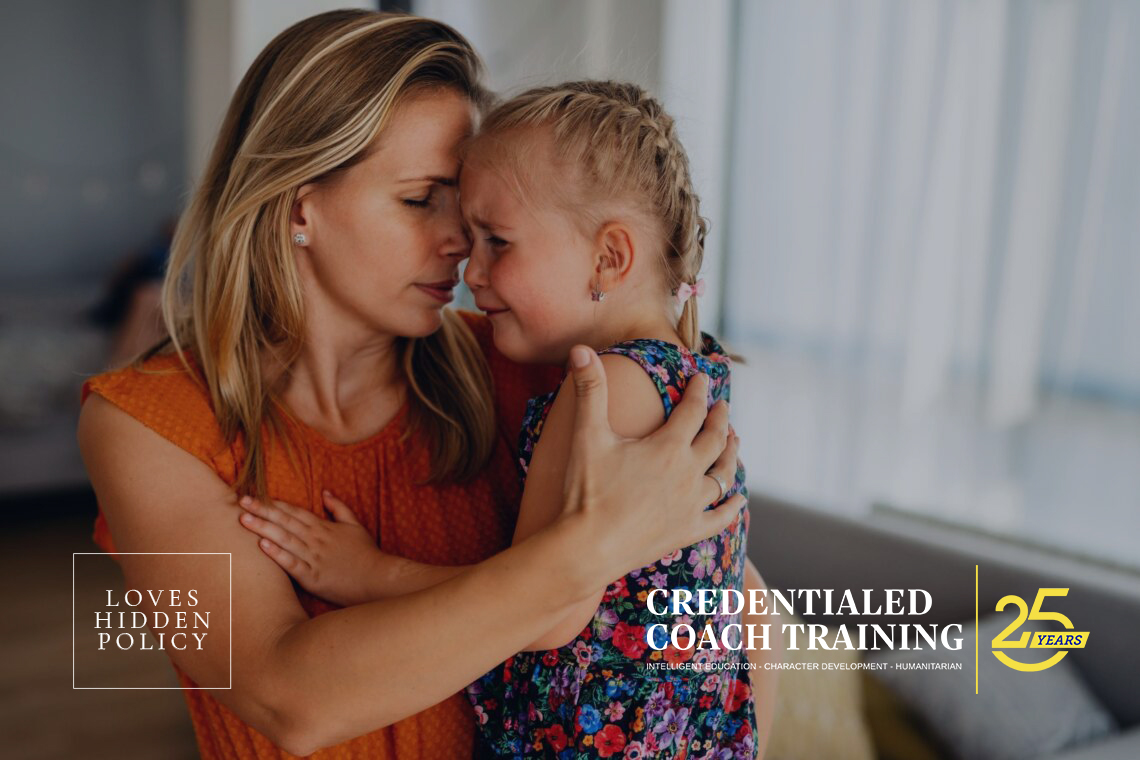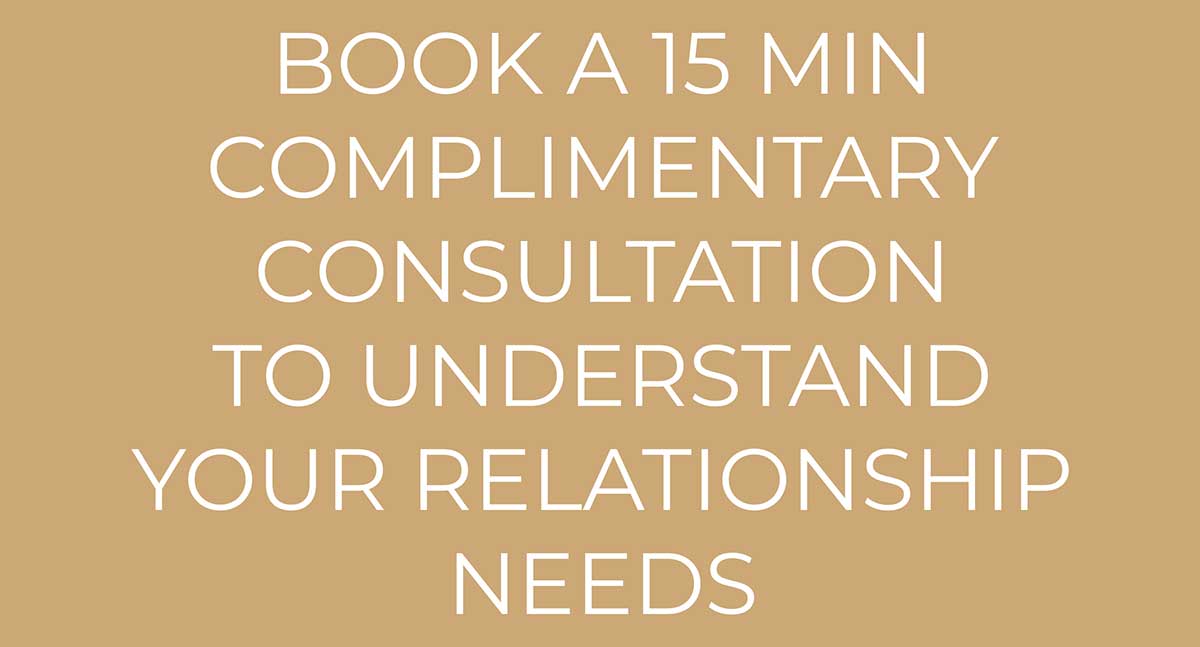
Intense emotions are difficult to manage, and most if not all affect the ability of the brain to process thoughts optimistically. A perceived threat to someones safety activates the body’s natural ‘fight or flight’ response against this perceived threat. It is not limited to adults only, but children too. Since the frontal cortex of a child is not fully developed, children find it difficult to handle anger or other intense emotions. Hence children often end up lashing out with their emotions and anger, or disappointment. It takes years for children to gain the capacity to manage emotions constructively, and as adults many still cannot.
What is Constructive Handling of Emotions?
There are three major ways by which parents can help children in emotional management. Firstly, parents should be able to accept and empathize with the child’s emotions. This helps the child to understand that emotions are not frightening and are pretty normal. When parents accept the emotions or anger, it helps in controlling the child’s impulses. Secondly, parents should be able to acknowledge the emotions as well as the feelings that the child is finding difficult. A child should feel safe to express their emotions and anger and share their underlying feelings. Finally, constructive problem solving is important to teach to help a child develop greater degrees of emotional management. Eventually, the child should be encouraged to resolve the problem that makes him or her emotional or angry and handle emotions or anger constructively.
10 Tips to help Children Manage Emotions
It takes years of skilled parental guidance for the child to develop healthy emotional management capabilities. Listed below are some tips for parents to help children improve their emotional management skills.
- Begin with Yourself
A child will try to model your behavior. If you cannot self regulate don’t expect the child to be able to do this. Exercise and develop better skills to manage your emotional state and stress. Life is about mastery, not blame. If you have the habit of shouting at your partner or child, they will try to imitate it. On the contrary, when you can manage your emotional state and stop yourself from yelling, or being upset your child will replicate this emotional state more.
- Learn to Deescalate
Adults, as well as children, can resolve an issue when they are calm. They can’t do it when they are upset, emotional or angry. Hence the goal is to restore calmness when a child is emotional or angry. When you are calm, the child feels safe. This activates the neural pathways that shut down the flight or fight response in the brain.
- Acknowledge the Emotions
Instead of telling your child to calm down, you can encourage them to communicate. When they feel that they are heard, it helps them calm down the emotions. For example, you can tell the child that you want to hear about what made the child feel upset or emotional. When you ask a child to ‘stop’ or to repress the emotions, they go unregulated resulting in further emotional upset later on. But when you accept the emotions, it will help them gain cognitive control over the feelings.
- Practice Ways to Manage Emotional impulses
You can create a list of activities to handle emotions with the help of the child and you can model it on yourself. For example, when you feel emotional you can check the list and follow it – ‘I am feeling annoyed. I will put on some music and do the emotional release dance.’ The child will follow the same. If the child is older, you can encourage the child to draw or write the reasons behind the emotions.
- Stay Aware of the Cues
When the fight or flight response is activated, the body considers it as an emergency. Therefore, managing the impulses when the child is emotional is almost impossible. However, you can understand the cues when the child gets emotional and take preventive actions proactively. When the child grows old, you can train them to observe the signs of emotional upset themselves and teach them to handle it.
- Limits of Aggression
Though you should create the space for children to show their emotions, you should set the limits of aggression too. You cannot encourage children to break things in anger. They should not be allowed destructive actions like hitting others or breaking objects. These actions if accepted will not be good in the long run if learned as acceptable.
- Don’t Leave the Child Alone
When the child feels emotional or angry, the priority should be to restore a sense of safety for them. They should not be left alone as the feelings might become scary for them. By making them feel less emotional, helpless and alone, you can make them feel safe and secure.
- Restore Connection
The child should know that you understand their feelings and are ready to help. You can tell the child that you understand how emotional or upset they are. Also, you can try to give explicit permission like saying ‘It is okay to cry. It is okay to get upset. It is okay to be emotional. It is okay to be angry inside. I am here for you. I won’t leave you alone.’ You can hold the child’s hand which helps to restore the connection.
- Develop Preventive Maintenance Actions
Every child goes through certain emotional challenges in daily life. Hence every parent needs to develop certain practices and skills for the child to feel safe and connected so they can cope with the emotional challenges. It includes responding to the child’s needs with empathy and respect, spending a few minutes with the child every day, accepting the emotions that the child expresses, having snuggle time, etc.
- Build Emotional Intelligence
When children are trained to be comfortable with their feelings, they can manage their emotions constructively. Unfortunately, most children do not feel safe in expressing their emotions and end up repressing them. They live in constant fear and get emotional or angry quickly. In such situations, getting professional help is be the best way to develop the emotional intelligence of a child, or the parent, or ideally both in a parent-child sessions.
Summing Up
Children can develop emotional or anger management issues and struggle to cope with emotional impulses. They might struggle to control their emotional impulses and have frequent explosive outbursts. If your child continues to show signs of ‘emotional management issues’ past the age of six, get professional help. An experienced therapist, counselor or coach can guide you through the various steps by which you can help the child to better manage their emotional world. A great therapist, counselor or coach can help a child manage their emotions and work through the underlying feelings.



